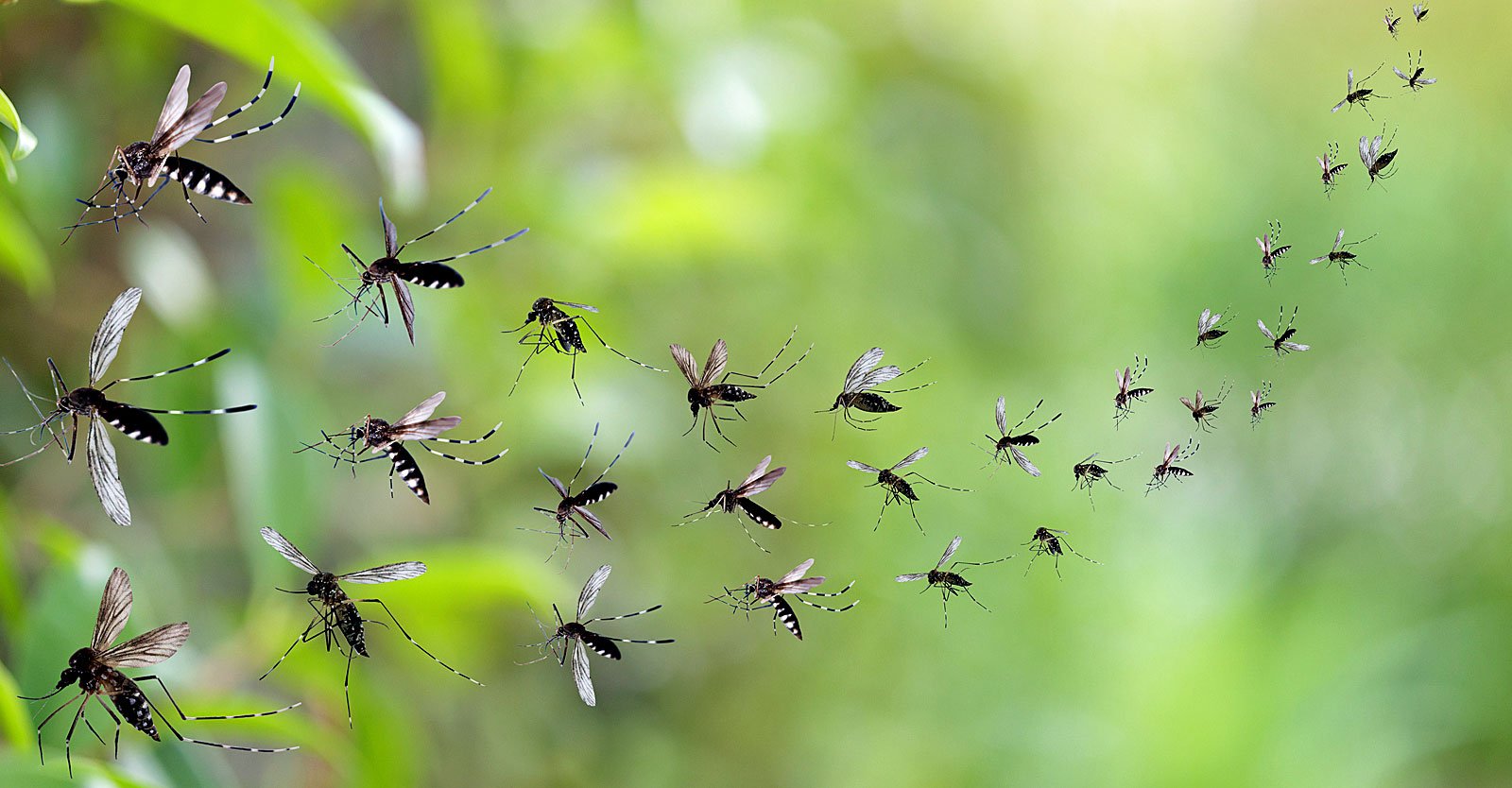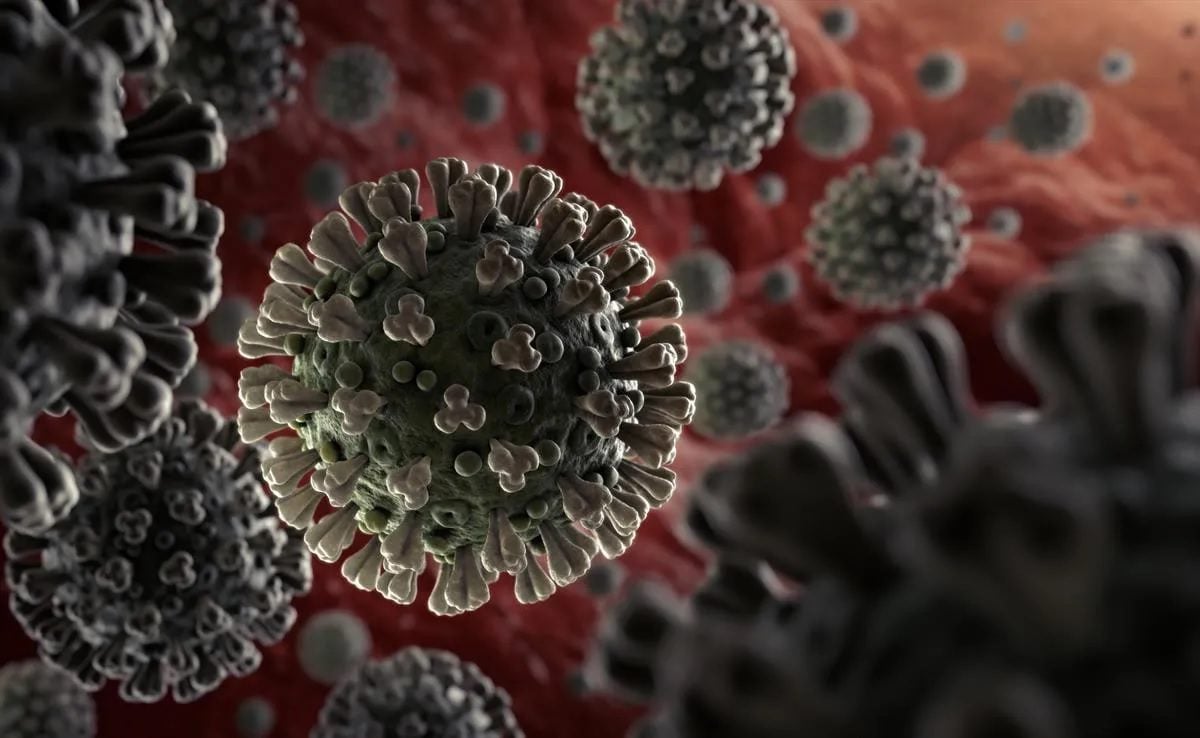
Up to 775,992,000 bacteria-infected mosquitoes could be released in Maui every week for the next 20 years, according to Hawaii Unites, a nonprofit that last month lost its bid to require the state to conduct an environmental impact statement before pressing go on the controversial project.
ChildrensHealthDefense.org
Hawaii Unites in May 2023 sued the state in the Circuit Court of the First Circuit in Hawaii. The group’s president and founder, Tina Lia, told The Defender:
“These biopesticide lab-altered mosquitoes are already being released in East Maui. Hawaii Unites has taken the state to court seeking a ruling to require an environmental impact statement for the project and comprehensive studies of the risks.”
She said Hawaii Unites describes itself as “a 501(c)(3) nonprofit organization dedicated to the conservation and protection of our environment and natural resources,” with a focus on “protecting the health of Hawai‘i’s people, wildlife, and the ‘āina from the State of Hawaii’s biopesticide bacteria-infected mosquito experiment.”
According to the group’s lawsuit, the state did not perform a sufficient environmental impact study prior to the launch of the project. Last year, state residents submitted 291 pages of public comments, both for and against the project.
“The final environmental assessment for this project is insufficient under the Hawai‘i Environmental Policy Act,” Lia said. “[It] fails to describe mitigation measures or biosecurity protocols for the mosquitoes, and the discussion of alternatives is inadequate.”
According to Lia, the Birds, Not Mosquitoes partnership claims it plans to suppress southern house mosquitoes that transmit avian malaria to native birds by rendering male mosquitoes — which carry the Wolbachia bacterium that causes avian malaria — unable to reproduce.
The technology, Wolbachia incompatible insect technique (IIT), previously was endorsed by Gates Philanthropy Partners, an arm of the Bill & Melinda Gates Foundation, although there does not appear to be a direct link between these organizations and the Hawaii ongoing project.



























